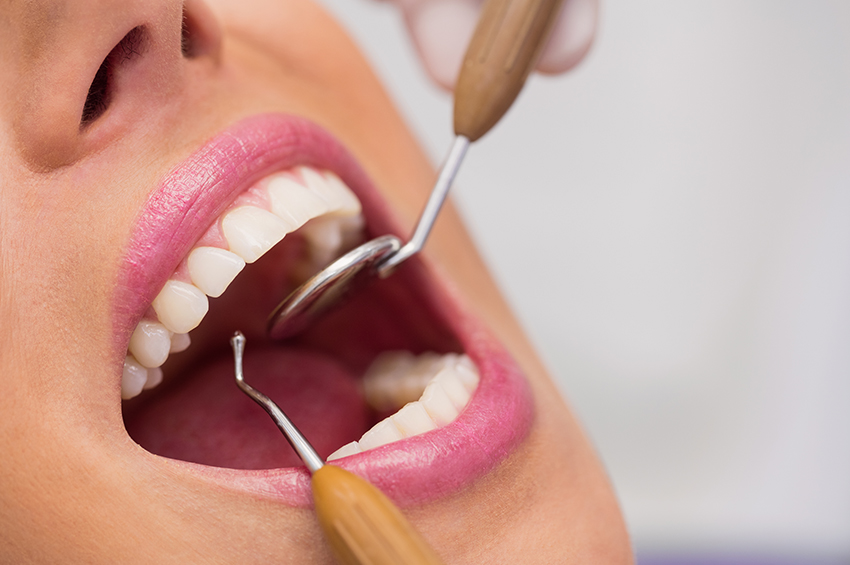If you’ve recently had a Dental Tooth Filling in Dubai, you might be experiencing some tooth sensitivity afterward. This common reaction can be surprising and sometimes uncomfortable, but it is usually temporary and manageable. Understanding why tooth sensitivity occurs after a filling can help ease your concerns and guide you on what to expect during the healing process. This article explains the reasons behind post-filling sensitivity and offers tips to minimize discomfort.
What Causes Tooth Sensitivity After a Filling:
Tooth sensitivity following a filling happens because the dental procedure affects the nerves inside your tooth. When decay is removed and the cavity is filled, the tooth structure can be temporarily irritated. This irritation causes the nerves to react more strongly to stimuli such as hot, cold, sweet, or pressure. The sensitivity usually arises from the dentin layer, which connects to nerve endings, becoming exposed or inflamed during the treatment.
Types of Fillings and Sensitivity Differences:
The material used for the filling can influence how sensitive your tooth feels afterward. For instance, composite resin fillings, which are tooth-colored and popular in many clinics offering Dental Tooth Filling in Dubai, might cause mild sensitivity due to the bonding process. Amalgam or silver fillings can sometimes expand and contract with temperature changes, potentially triggering sensitivity. Knowing which filling material you have can help predict and understand the kind of sensitivity you might experience.
How Long Does Sensitivity Usually Last:
Post-filling sensitivity often lasts from a few days up to a few weeks, gradually decreasing as your tooth adjusts to the new filling. If sensitivity persists beyond a month or worsens over time, it might indicate a need for further dental evaluation. Most patients find that with proper care and some patience, the discomfort fades, allowing them to return to normal eating and drinking without pain.
When to Be Concerned About Sensitivity:
While mild sensitivity is normal, severe or prolonged pain could be a sign of complications such as an improper filling, deep decay, or infection. If you experience intense pain, swelling, or sensitivity that does not improve, it’s essential to consult your dentist. Timely assessment is crucial, especially if you had a Dental Tooth Filling in Dubai, as early intervention can prevent more serious dental issues.
Tips to Manage Sensitivity at Home:
To reduce sensitivity after a filling, try using toothpaste designed for sensitive teeth and avoid very hot or cold foods and drinks initially. Maintaining good oral hygiene is important, but be gentle around the treated tooth. Over-the-counter pain relievers may help if discomfort is noticeable. These home care strategies usually support healing and ease symptoms while your tooth recovers.
Role of Dentist Follow-Up:
Your dentist plays a key role in monitoring and addressing tooth sensitivity after a filling. During a follow-up visit, they will check the filling’s fit and ensure there are no underlying issues causing prolonged discomfort. If needed, adjustments or further treatments such as a sealant or a different filling material may be recommended. Always communicate any sensitivity concerns during your Dental Tooth Filling in Dubai appointment to get personalized care.
Preventing Sensitivity Before Your Filling:
Certain steps before and during the filling procedure can reduce the chances of post-filling sensitivity. For example, your dentist may use a liner or base under the filling to protect the nerve if the cavity is deep. They might also recommend a particular filling material suited to your needs. Proper diagnosis and careful technique during your Dental Tooth Filling in Dubai treatment help minimize nerve irritation and promote quicker recovery.
Final Thoughts:
Tooth sensitivity after a filling is a common and usually temporary issue resulting from nerve irritation during the dental procedure. Understanding why it happens, recognizing normal vs. concerning symptoms, and following care recommendations can make the healing process smoother. If sensitivity lingers or worsens, consulting your dentist promptly is essential. With expert care and patient management, your restored tooth will soon feel comfortable and strong again.






Comments